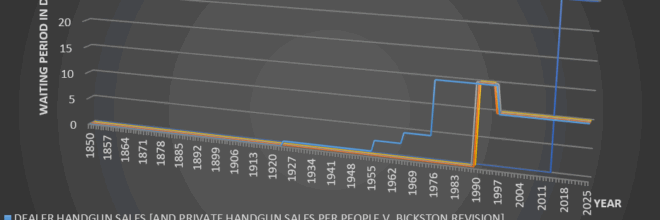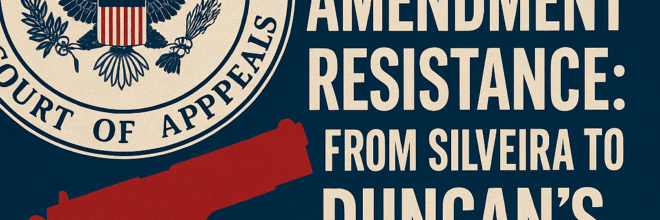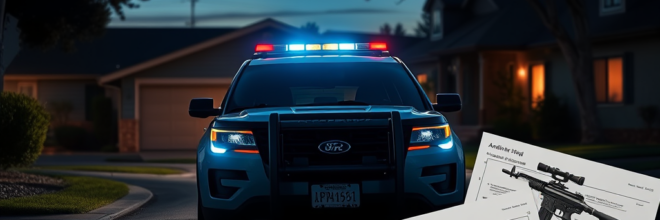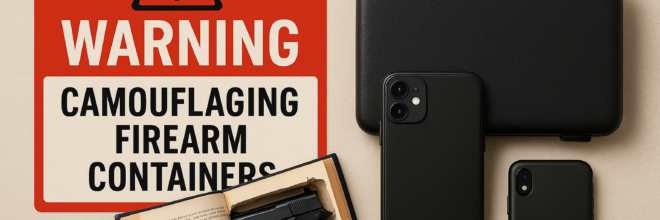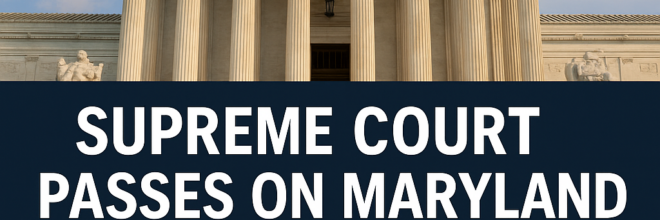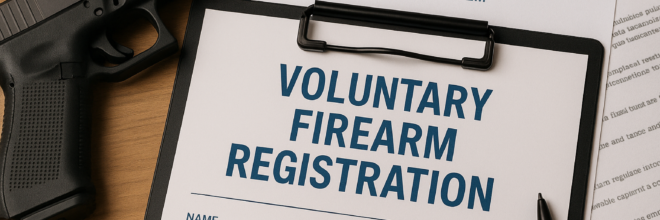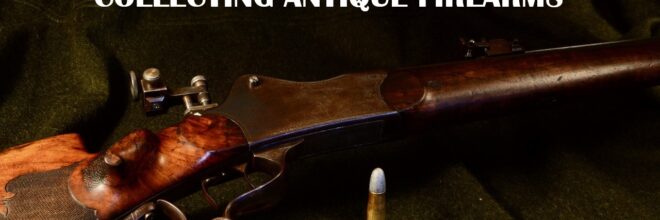California’s Prohibition on Firearm Possession and Control for Individuals Under 21: Implications for Dealers, Employees, and Customers
In California, firearm regulations extend far beyond mere sales and transfers, encompassing even temporary possession or control of guns. This is particularly relevant for licensed firearms dealers employing or interacting with individuals under 21 years old, whether as customers browsing inventory or as employees handling stock. The state’s laws are stricter than federal baselines, creating a complex landscape for compliance….read more →





